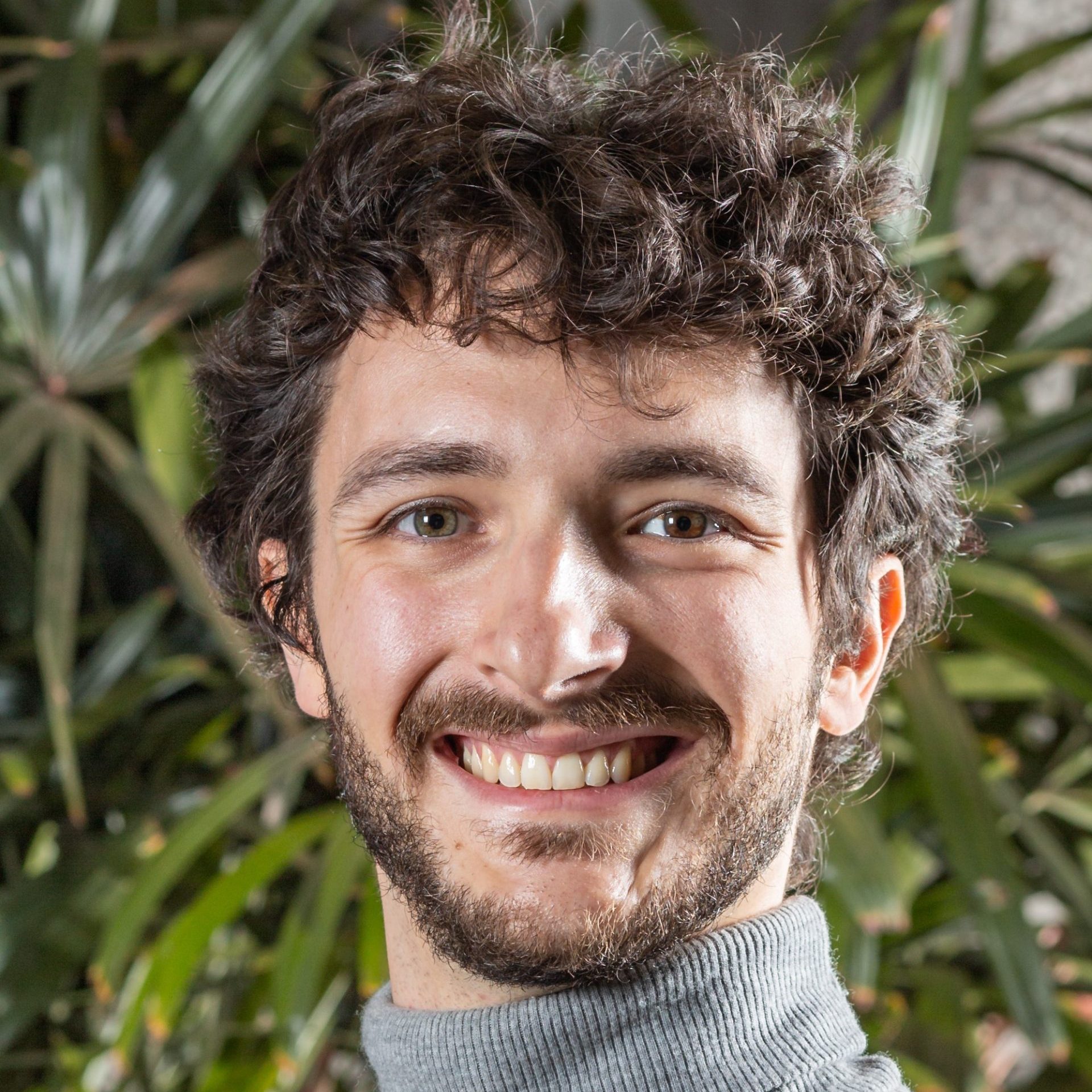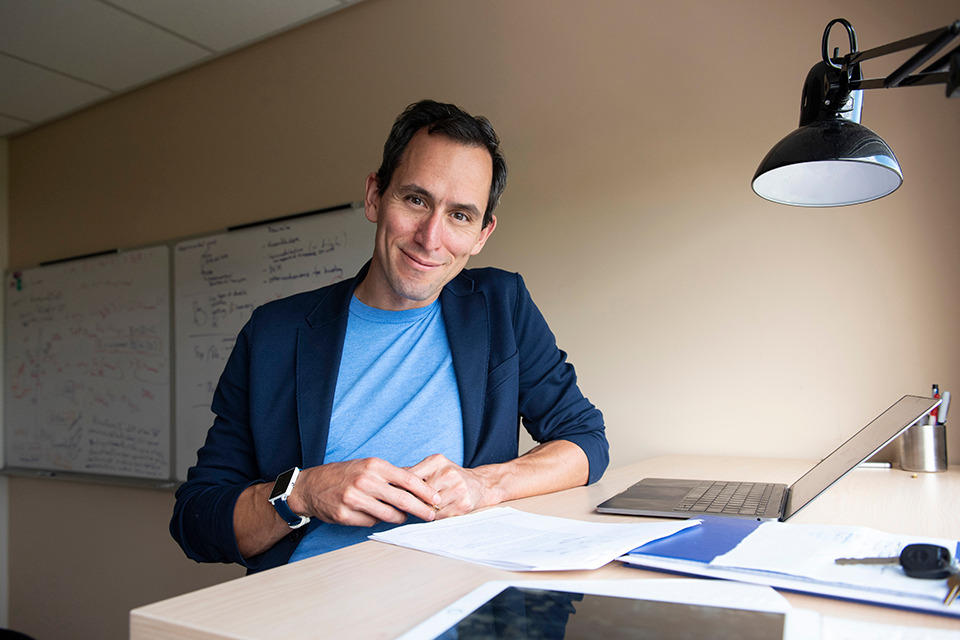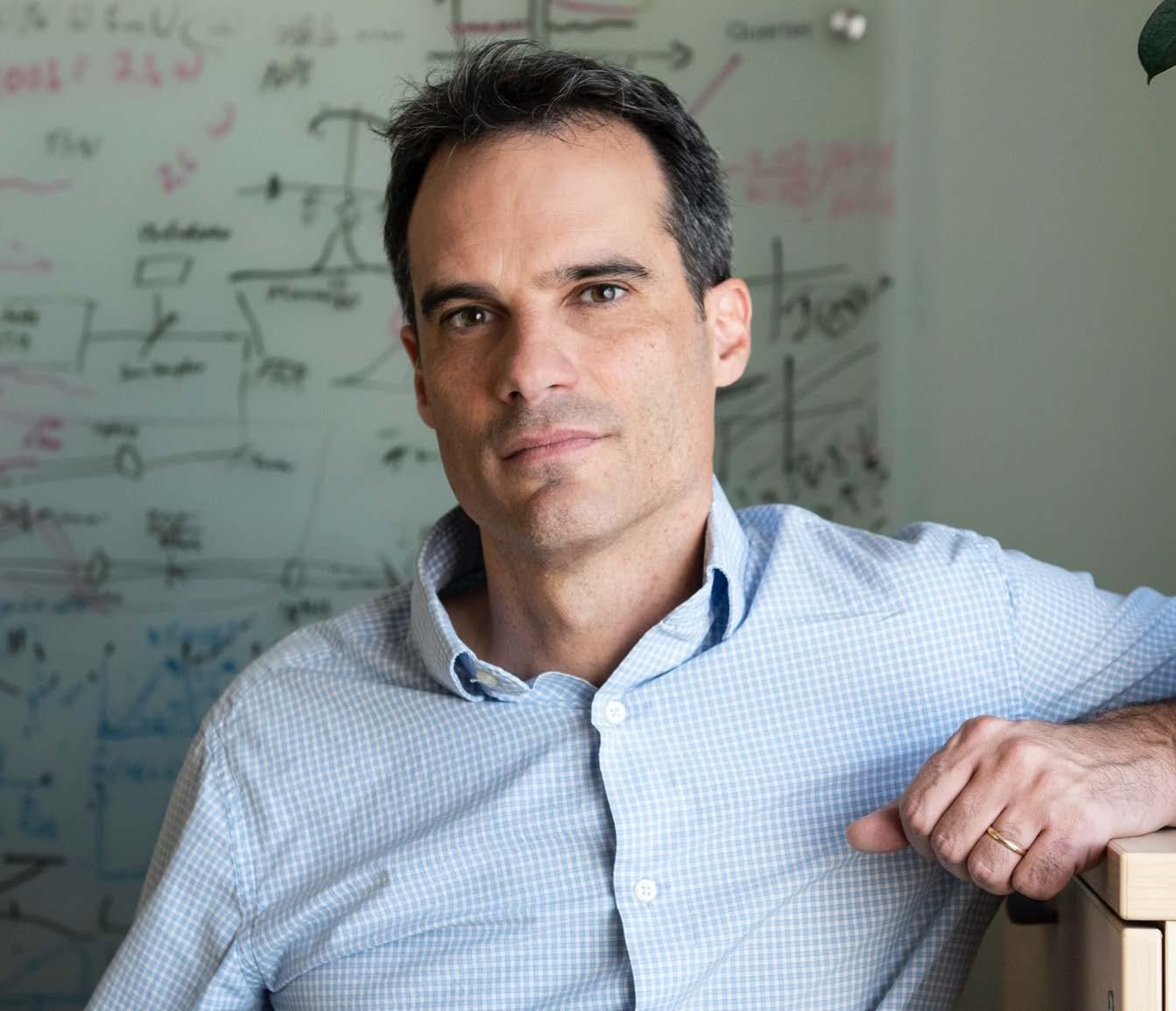Assistant or Associate Professor (tenure-track type) in Addiction and Mental Health
Neuroscience Axis, Centre de recherche du Centre hospitalier de l’UdeM (CRCHUM)
Department of Psychiatry and Addictology, Faculty of Medicine, Université de Montréal (UdeM)
The Neuroscience Research Axis of the CRCHUM and the Department of Psychiatry and Addictology of the UdeM are inviting applications for a faculty position in human addiction and mental health. Early career candidates are encouraged to apply (exceptional mid-career applicants will also be considered).
The candidate will be expected to develop an independent, competitive, and original research program that addresses questions linking expertise in digital phenotyping, ‘omics’ approaches (e.g., epigenomics, transcriptomics, etc.), the study of mechanisms underlying therapeutic approaches and/or functional brain imaging (MEG, PET, fMRI, etc.) applied to addiction and psychiatric comorbidities. Individuals with expertise in combining multiple cutting-edge approaches and working with human data and samples, or in conducting high-level analyses based on artificial intelligence and/or precision medicine, are strongly encouraged to apply. The selected candidate will be expected to foster collaborations with researchers within the Neuroscience Research Axis and other research axes at the CRCHUM, as well as with members of the Department of Psychiatry of the Centre hospitalier de l’UdeM (CHUM).
The CRCHUM is one of the largest hospital-based research centers in North America, with nearly 500 researchers. The Neuroscience Research Axis at the CRCHUM is primarily dedicated to uncovering the biological, environmental, and social mechanisms underlying nervous system disorders, and to developing innovative therapies to prevent, treat, or cure them. The axis includes 21 regular researchers (including 11 clinician-scientists) working across five main research themes: neurodegeneration/neurorepair, neuroimmunology, epilepsy, neurovascular research, and addiction/mental health. The UdeM is one of the world’s leading research universities, and represents the primary hub of higher education in the province of Quebec. The Department of Psychiatry and Addictology of the UdeM includes more than 330 professors and researchers across multiple sites, conducting clinical, epidemiological, basic, and social science research. The Department plays a key role in training psychiatrists and researchers with interest in mental health and substance use disorders in Quebec.
Please follow the link to learn more about the Neuroscience Axis of the CRCHUM: https://www.chumontreal.qc.ca/en/crchum/recherche/axes-recherche/neuroscience
And this one for the Department of Psychiatry and Addictology: https://psychiatrie.umontreal.ca/
Your Role
Through your teaching activities and research, you will contribute to the development and excellence of the CRCHUM, the Department of Psychiatry and Addictology, and the Faculty of Medicine of the UdeM. You will also ensure the visibility of your discipline in addition to actively participate in the operation of a renowned institution. As such, you must:
- Develop and pursue an innovative research program on mental health and addiction, leveraging existing cutting-edge infrastructure to support this work and/or via the development and deployment of new infrastructure;
- Take on a leadership role within the scientific community, both in Canada and internationally;
- Build connections with existing research teams of the Neuroscience Axis and other research axes at the CRCHUM, as well as teams across sites affiliated with the Department of Psychiatry and Addictology of the UdeM. In this regard, the recruited candidate is expected to foster collaborations with scientists and clinicians having interests to understand the biological, environmental, and social mechanisms underlying psychiatric disorders and to develop new therapeutic strategies in mental health;
- Teach at all university levels, supervise postdoctoral trainees, and contribute to the various activities of the institution and its affiliated centers.
By joining the Neuroscience Axis at the CRCHUM and the Department of Psychiatry and Addictology of the Faculty of Medicine, you will contribute to their mission of leadership in teaching and research through an innovative and interdisciplinary research program aimed at addressing major societal challenges related to mental health.
To succeed in this role, you’ll need
- a PhD or an equivalent university degree;
- a postdoctoral experience in clinical research, neuroscience, bioinformatics, epidemiology, biostatistics, or a related field (skills in deep learning or artificial intelligence will be considered an asset);
- a research record that includes publications and other significant contributions related to psychiatric disorders (addiction) and mental health;
- an interdisciplinary research expertise;
- skills and motivation to develop research collaborations and to contribute to the activities of the institution and its affiliated centers;
- the ability to provide high-quality university teaching and mentoring of students;
- sufficient knowledge of the French language or be committed to learning it once in position, notably through the French language support program offered by the UdeM.
How to apply
You are invited to submit a single PDF document that includes the following in this order:
- a cover letter (maximum of three pages);
**To comply with requirements of the Government of Canada, please include in this letter one of the following statements: “I am a Canadian citizen or permanent resident” or “I am not a Canadian citizen or permanent resident”;
- a document detailing the research program to be pursued (maximum of three pages);
- a curriculum vitæ;
- up to five publications, including recent research work.
In addition, three letters of recommendation from peers familiar with your training and academic career must be sent to the email address below directly by the individuals who have written these letters.
The application package (a single file) and the letters of recommendation must be submitted by email before July 15, 2025, to:
Dr. Valérie Mongrain
Manager of the Neuroscience Axis, CRCHUM
Department of Neuroscience, Faculty of Medicine, UdeM
Email (administrative agent): eve.beaulieu.chum@ssss.gouv.qc.ca
Dr. Didier Jutras-Aswad, Chief
Department of Psychiatry, CHUM
Department of Psychiatry and Addictology, Faculty of Medicine, UdeM
Additional information about the position
Application deadline
Until July 15, 2025, inclusively
Salary
The CRCHUM and the UdeM offer competitive salaries and a full range of benefits.
Starting date
As of October 1st, 2025 (negotiable).
EQUITY, DIVERSITY, AND INCLUSION
UdeM places the values of diversity, equity, and inclusion at the heart of each of its missions. Through its Equal Access Employment Program (EAEP), UdeM invites applications from women, Indigenous Peoples, visible and ethnic minorities, as well as persons with disabilities. We will – confidentially – adapt our recruitment mechanisms to the specific needs of people with disabilities who request it.
UdeM embraces a broad and inclusive definition of diversity that goes beyond applicable laws, and therefore encourages all qualified individuals to apply, regardless of their characteristics. However, in accordance with Canadian immigration requirements, priority will be given to Canadians and permanent residents.
In order to measure the impact of its equity, diversity, and inclusion actions, UdeM is collecting data on applicants who identify with one of the groups targeted by the Equal Employment Opportunity Act, namely women, Indigenous Peoples, visible minorities, ethnic minorities, and people with disabilities. The information you provide is strictly confidential and will be shared only with those responsible for the UdeM EAEP. If you wish, you may also indicate that you belong to one of the targeted groups in your cover letter, which will be reviewed by the selection committee and the assembly of peers.
Université de Montréal’s application process allows all members of the Professor’s Assembly to review the application files submitted. If you wish to keep your application confidential until the shortlist is established, please mention it in your application.
Download a PDF version of this advertisement









